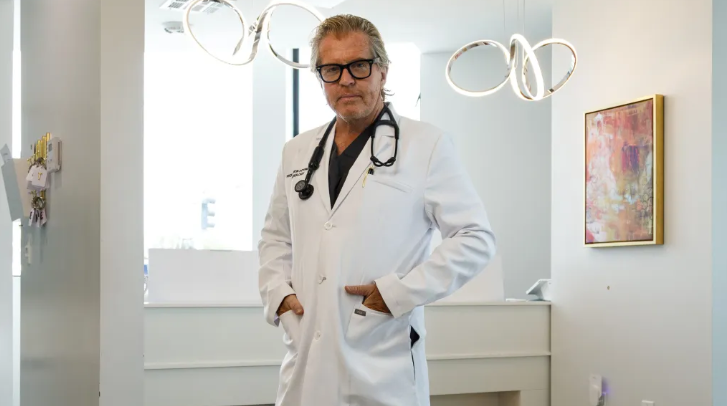【Stem Cells News】New "Weapon" in Regenerative Medicine: Mesenchymal Stem Cells Provide Possible Treatment for Multiple Diseases
Imagine, in the human body, there are millions of miniature repair workers who go to the injured area to create new bones, cartilage, muscles, and nerves. In the human body, there is a skilled repairman who has mastered the secret of repairing almost all types of damaged tissues.
So, will mesenchymal stem cells (MSCs) be this "repair master"?

In recent years, mesenchymal stem cells (MSCs) have received worldwide attention for their enormous potential in immune regulation and therapeutic functions in tissue regeneration. Mesenchymal stem cells can migrate to areas of tissue damage to promote immune regulation, secrete anti-inflammatory cytokines, and rebuild or promote wound healing.
A new review published in the journal Stem Cell Research&Therapy provides a systematic summary of the clinical applications of mesenchymal stem cells in regenerative medicine, outlining the effectiveness and safety of mesenchymal stem cells in various diseases such as nerves, liver, kidneys, bones, heart disease, and wound healing. Through this review, everyone can further understand the clinical application potential and value of mesenchymal stem cells in regenerative medicine.
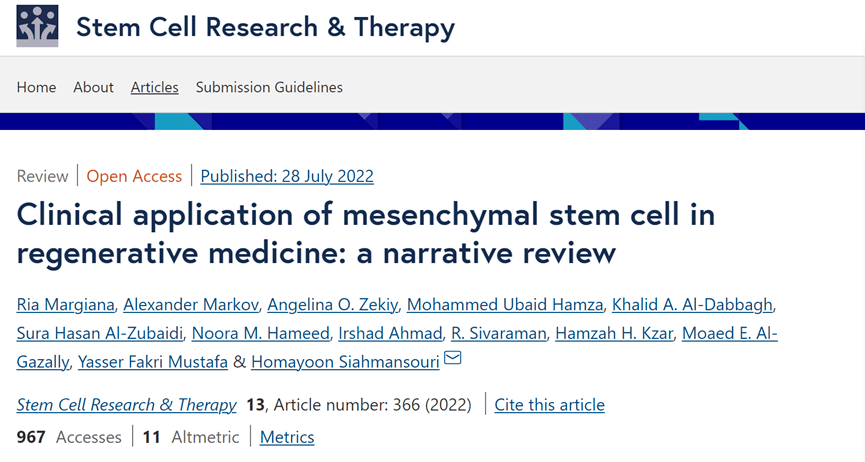
Mesenchymal stem cells
A New Weapon in Regenerative Medicine: Mesenchymal Stem Cells
Regenerative medicine refers to the use of biological methods to promote self repair and regeneration of the body, or to construct new tissues and organs, in order to improve or restore tissue and organ damage. The emerging regenerative medicine provides new directions and possibilities for restoring organ structure and function.
Stem cells, as the most important "seed cells" in regenerative medicine, can differentiate into various types of cells to repair damage or renew aging cells, tissues, and organs, providing the possibility of treating structural and functional damage to various organs.
Among them, mesenchymal stem cells are the most important member of adult stem cells, and MSCs have the potential for self-renewal and multi-directional differentiation. Due to its easy separation and easy in vitro expansion, MSCs have also become the most commonly used cells in regenerative medicine. In addition, due to its immunomodulatory properties, MSCs therapy also provides a promising treatment option for autoimmune diseases, inflammation and hematological diseases, as well as transplant surgery.
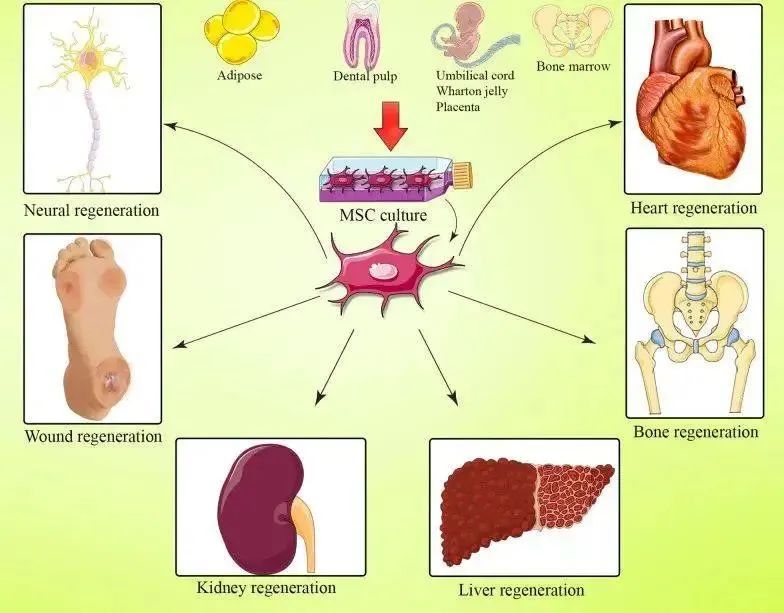
Clinical application of mesenchymal stem cells in heart, bone, and wound regeneration and repair
Mesenchymal stem cells
The application of mesenchymal stem cells in regenerative medicine
Due to the above characteristics, MSCs will obviously play an important therapeutic role in clinical trials. More and more researchers are applying MSCs to the latest research on diseases such as nerves, liver, kidneys, bones, heart disease, and wound healing.
Imagine, in the human body, there are millions of miniature repair workers who go to the injured area to create new bones, cartilage, muscles, and nerves. In the human body, there is a skilled repairman who has mastered the secret of repairing almost all types of damaged tissues.
So, will mesenchymal stem cells (MSCs) be this "repair master"?
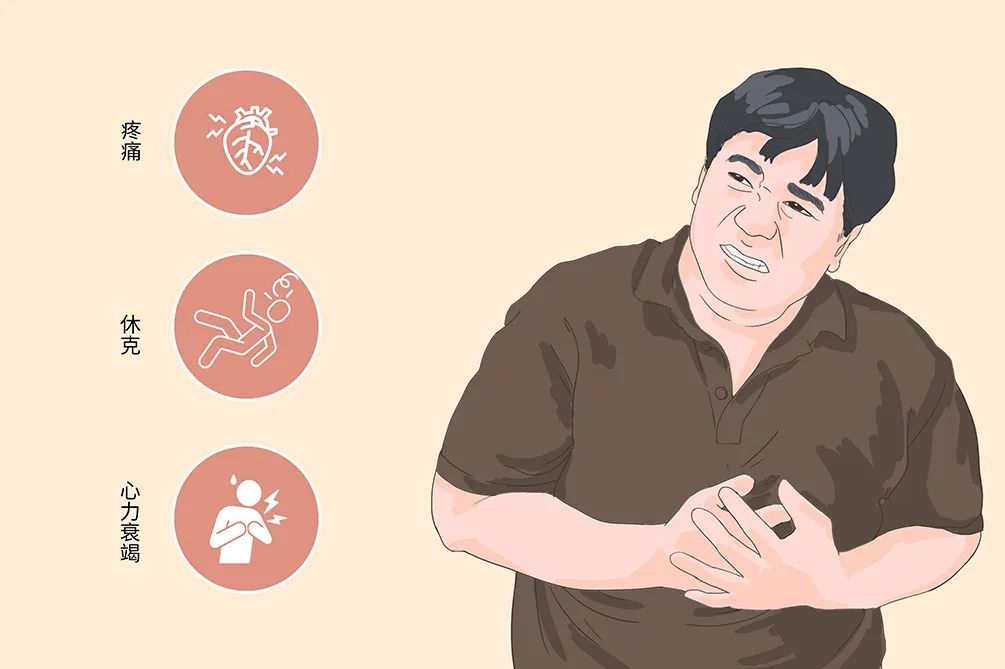
In recent years, mesenchymal stem cells (MSCs) have received worldwide attention for their enormous potential in immune regulation and therapeutic functions in tissue regeneration. Mesenchymal stem cells can migrate to areas of tissue damage to promote immune regulation, secrete anti-inflammatory cytokines, and rebuild or promote wound healing.
A new review published in the journal Stem Cell Research&Therapy provides a systematic summary of the clinical applications of mesenchymal stem cells in regenerative medicine, outlining the effectiveness and safety of mesenchymal stem cells in various diseases such as nerves, liver, kidneys, bones, heart disease, and wound healing. Through this review, everyone can further understand the clinical application potential and value of mesenchymal stem cells in regenerative medicine.
Mesenchymal stem cells
A New Weapon in Regenerative Medicine: Mesenchymal Stem Cells
Regenerative medicine refers to the use of biological methods to promote self repair and regeneration of the body, or to construct new tissues and organs, in order to improve or restore tissue and organ damage. The emerging regenerative medicine provides new directions and possibilities for restoring organ structure and function.
Stem cells, as the most important "seed cells" in regenerative medicine, can differentiate into various types of cells to repair damage or renew aging cells, tissues, and organs, providing the possibility of treating structural and functional damage to various organs.
Among them, mesenchymal stem cells are the most important member of adult stem cells, and MSCs have the potential for self-renewal and multi-directional differentiation. Due to its easy separation and easy in vitro expansion, MSCs have also become the most commonly used cells in regenerative medicine. In addition, due to its immunomodulatory properties, MSCs therapy also provides a promising treatment option for autoimmune diseases, inflammation and hematological diseases, as well as transplant surgery.
Clinical application of mesenchymal stem cells in heart, bone, and wound regeneration and repair
Mesenchymal stem cells
The application of mesenchymal stem cells in regenerative medicine
Due to the above characteristics, MSCs will obviously play an important therapeutic role in clinical trials. More and more researchers are applying MSCs to the latest research on diseases such as nerves, liver, kidneys, bones, heart disease, and wound healing.
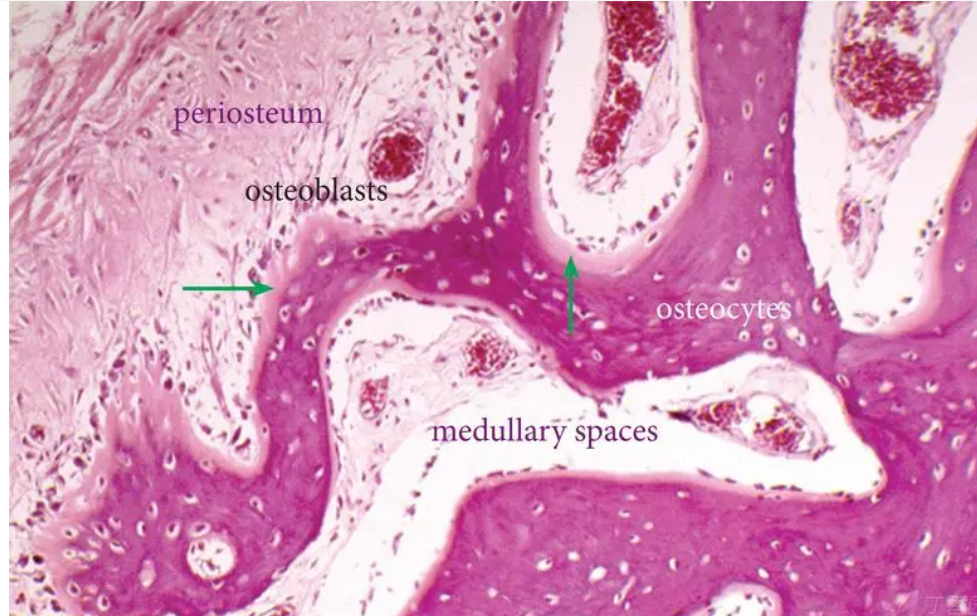
 中文
中文
 English
English




